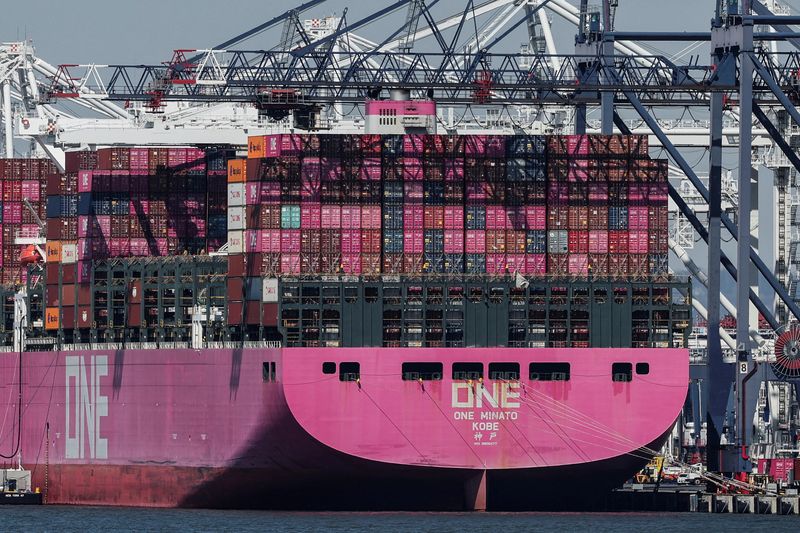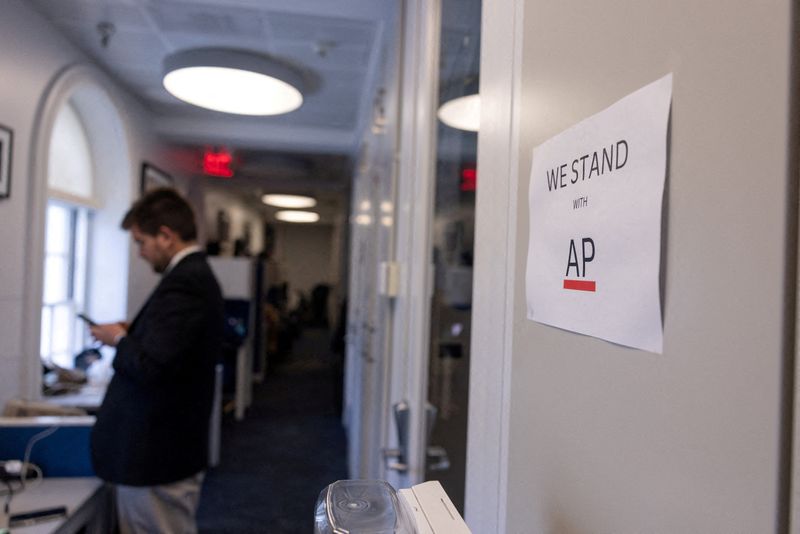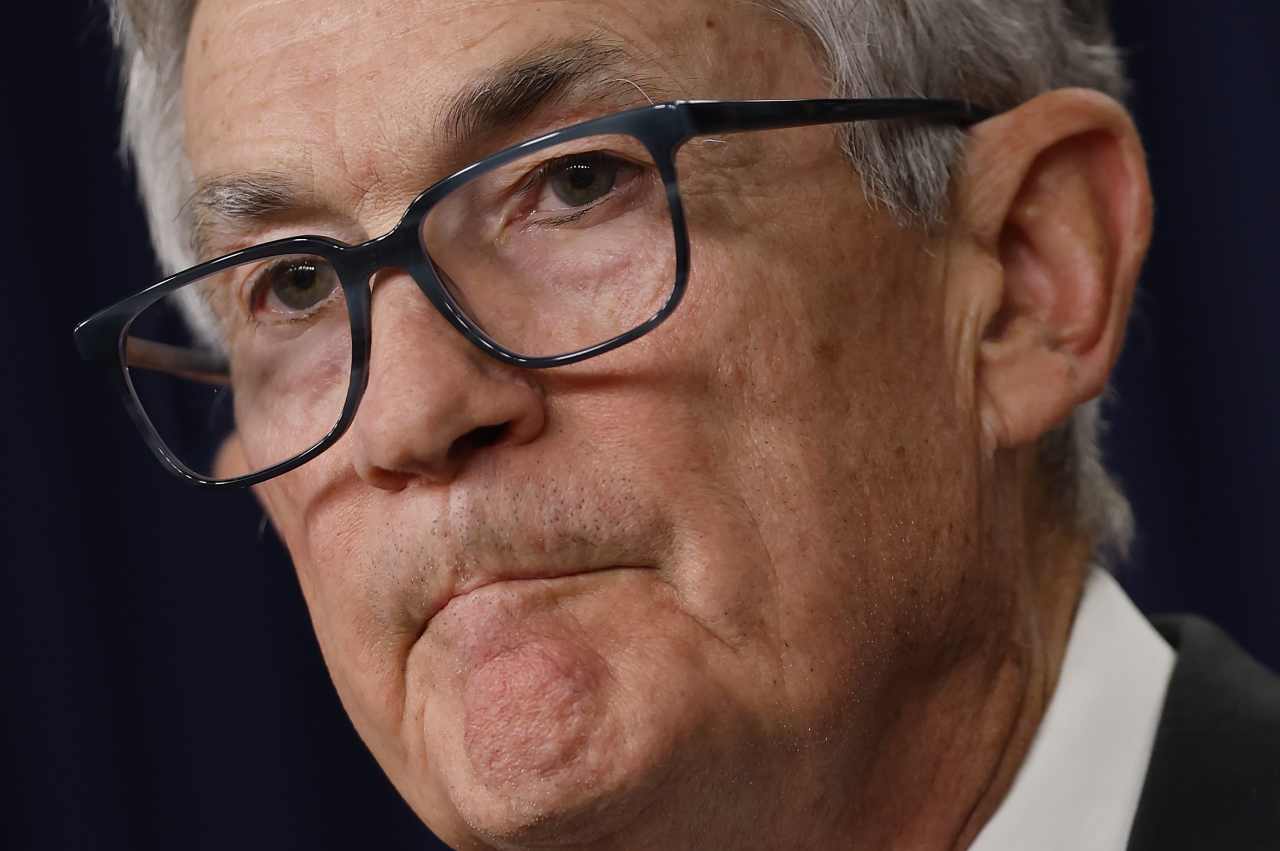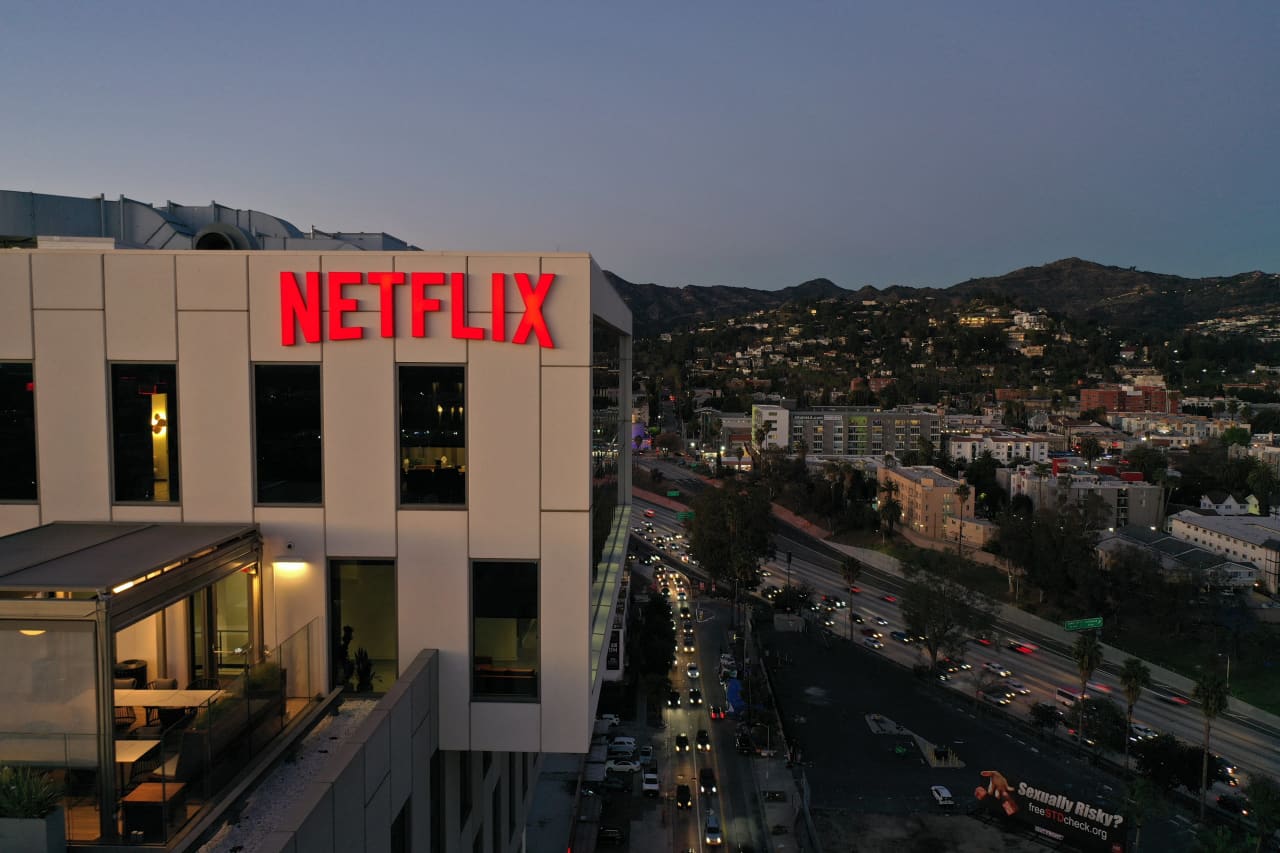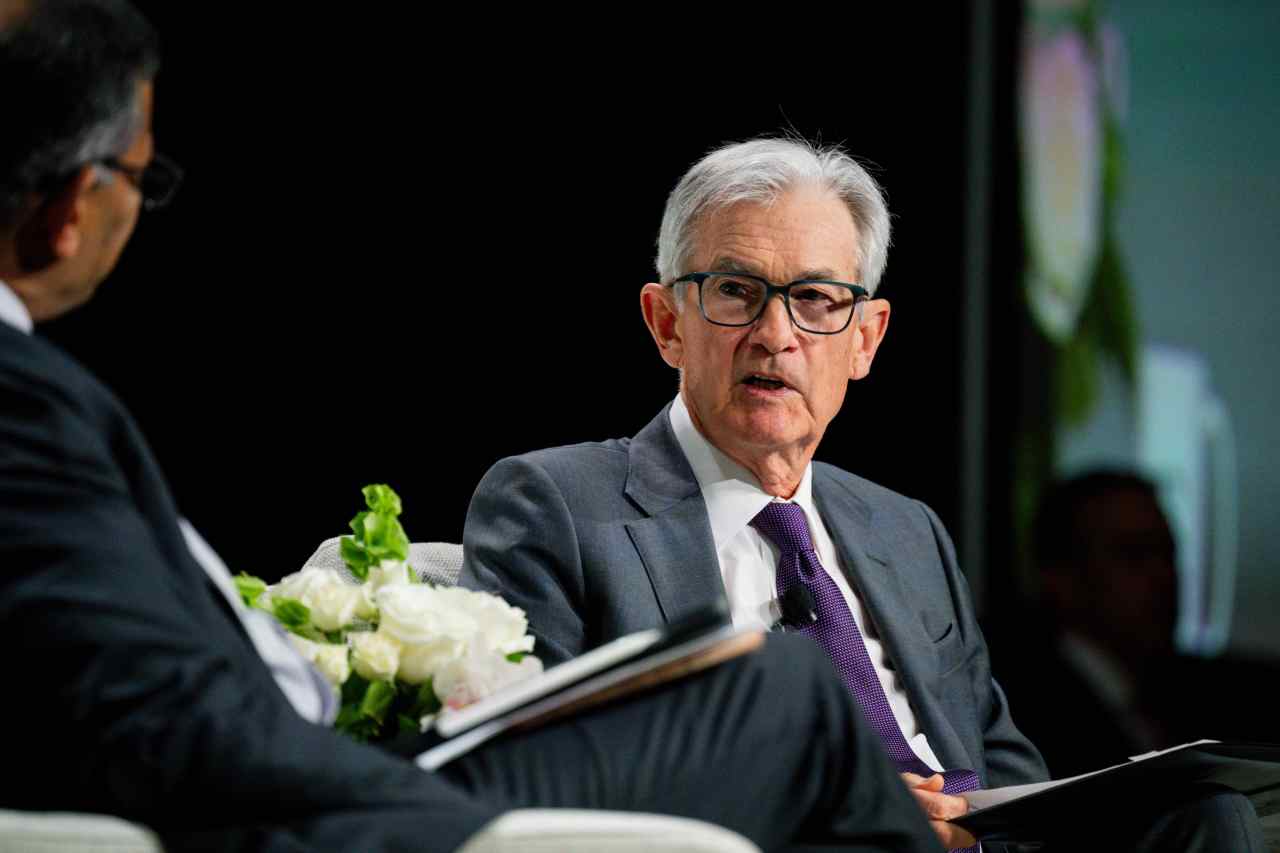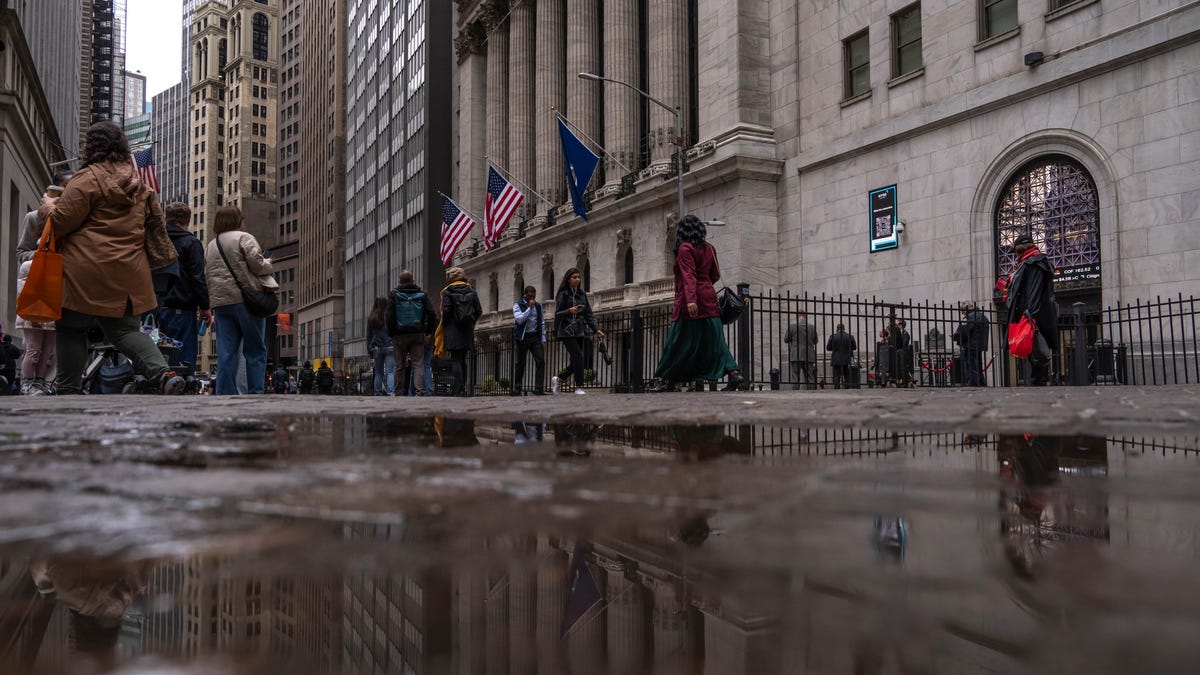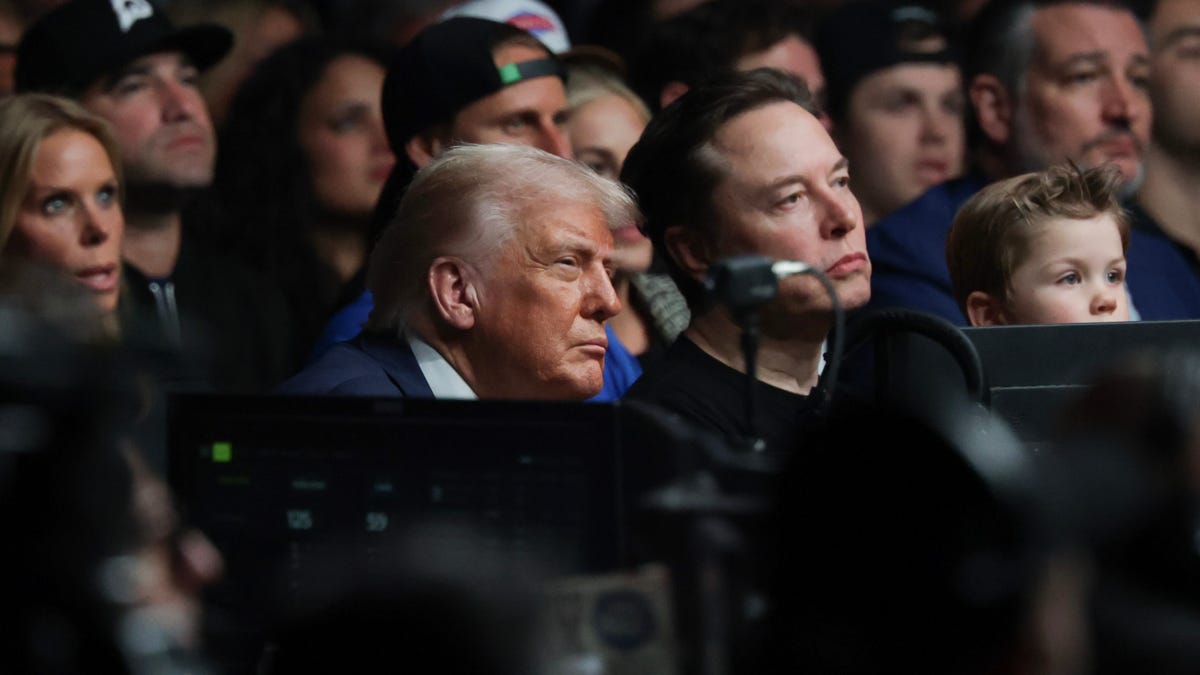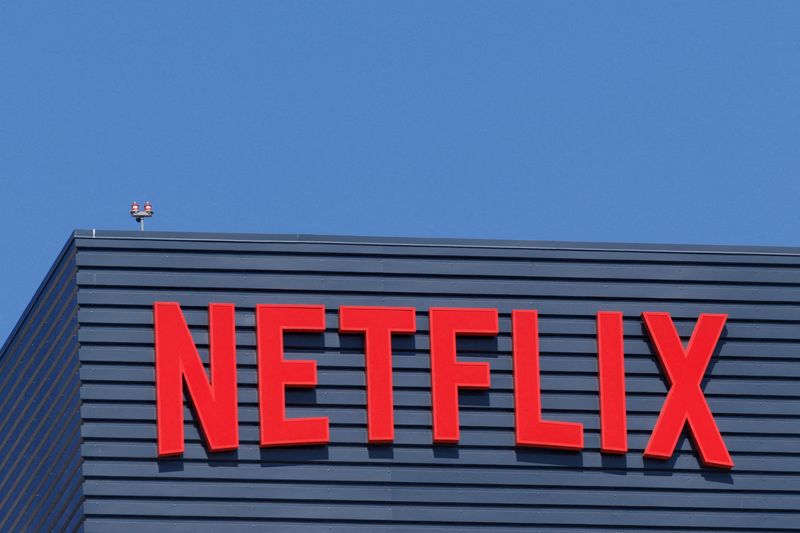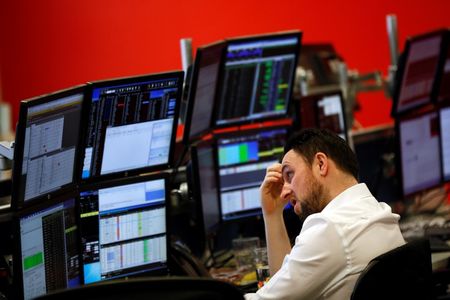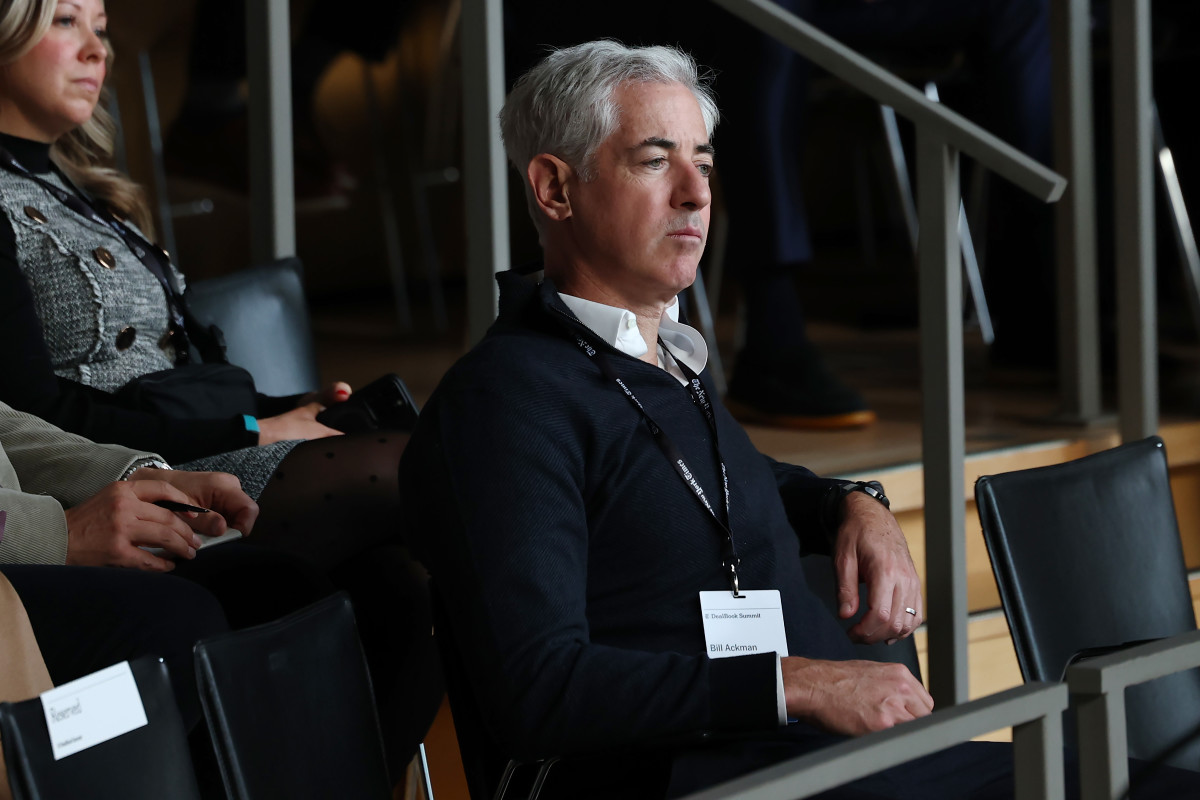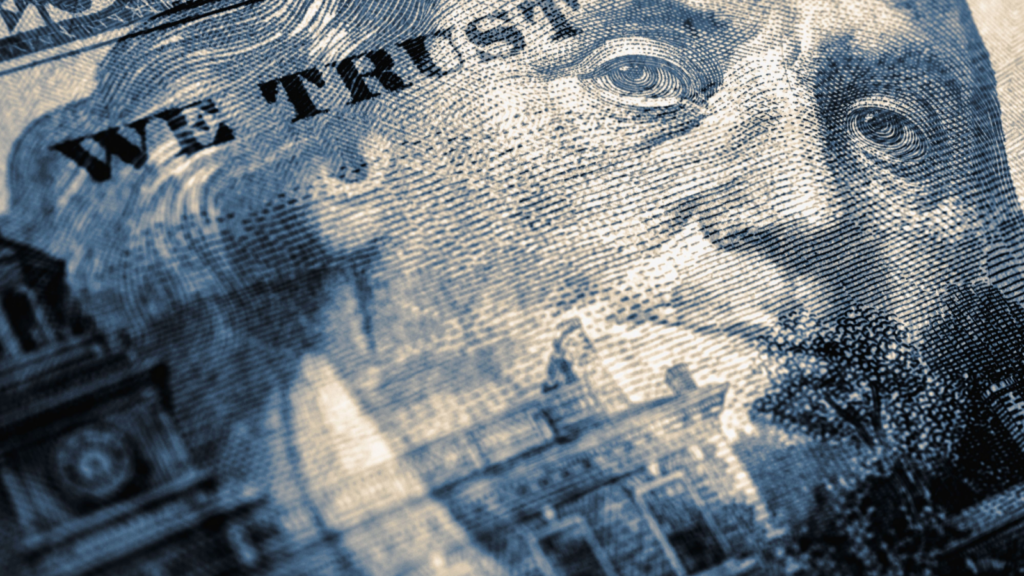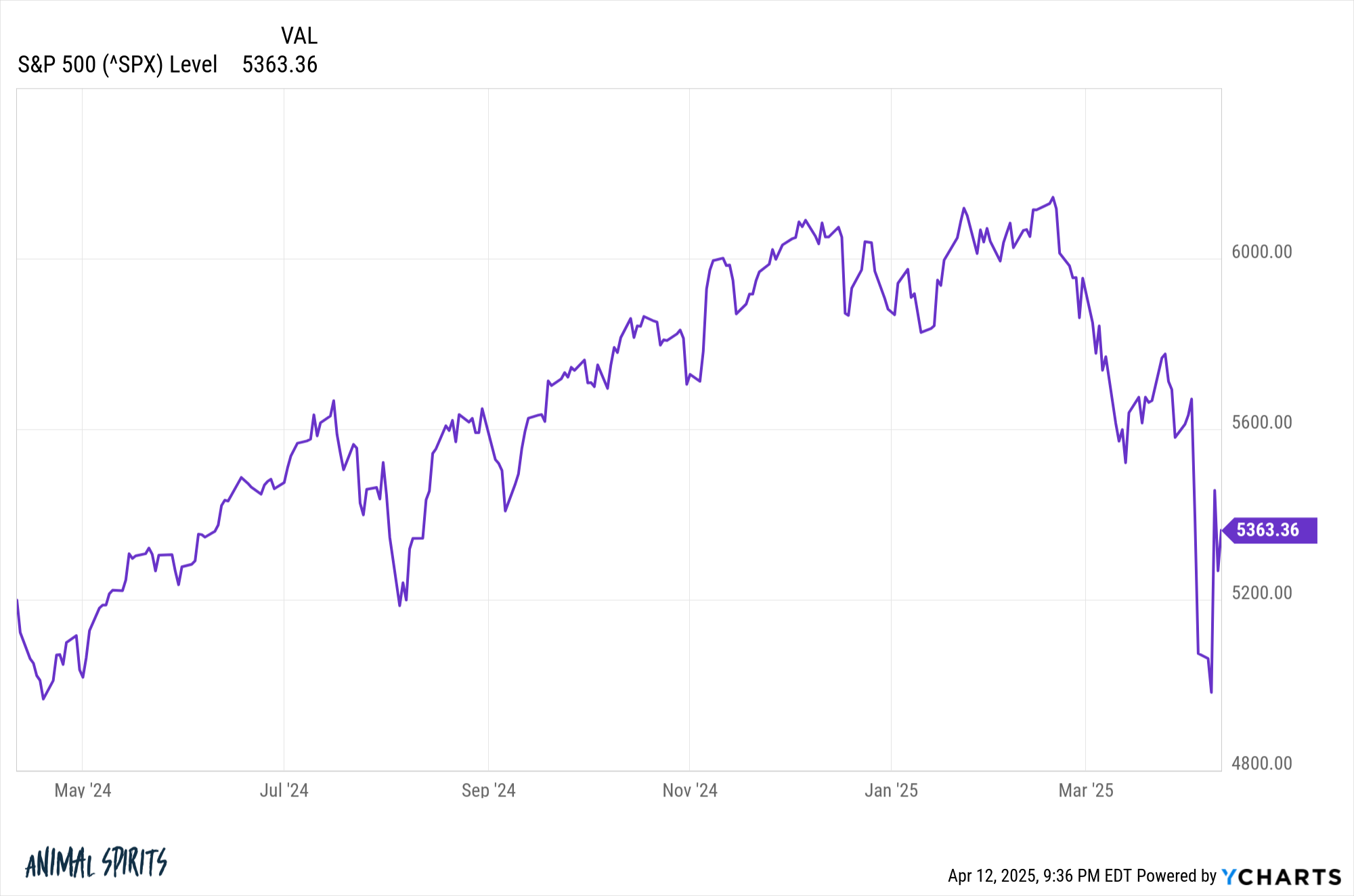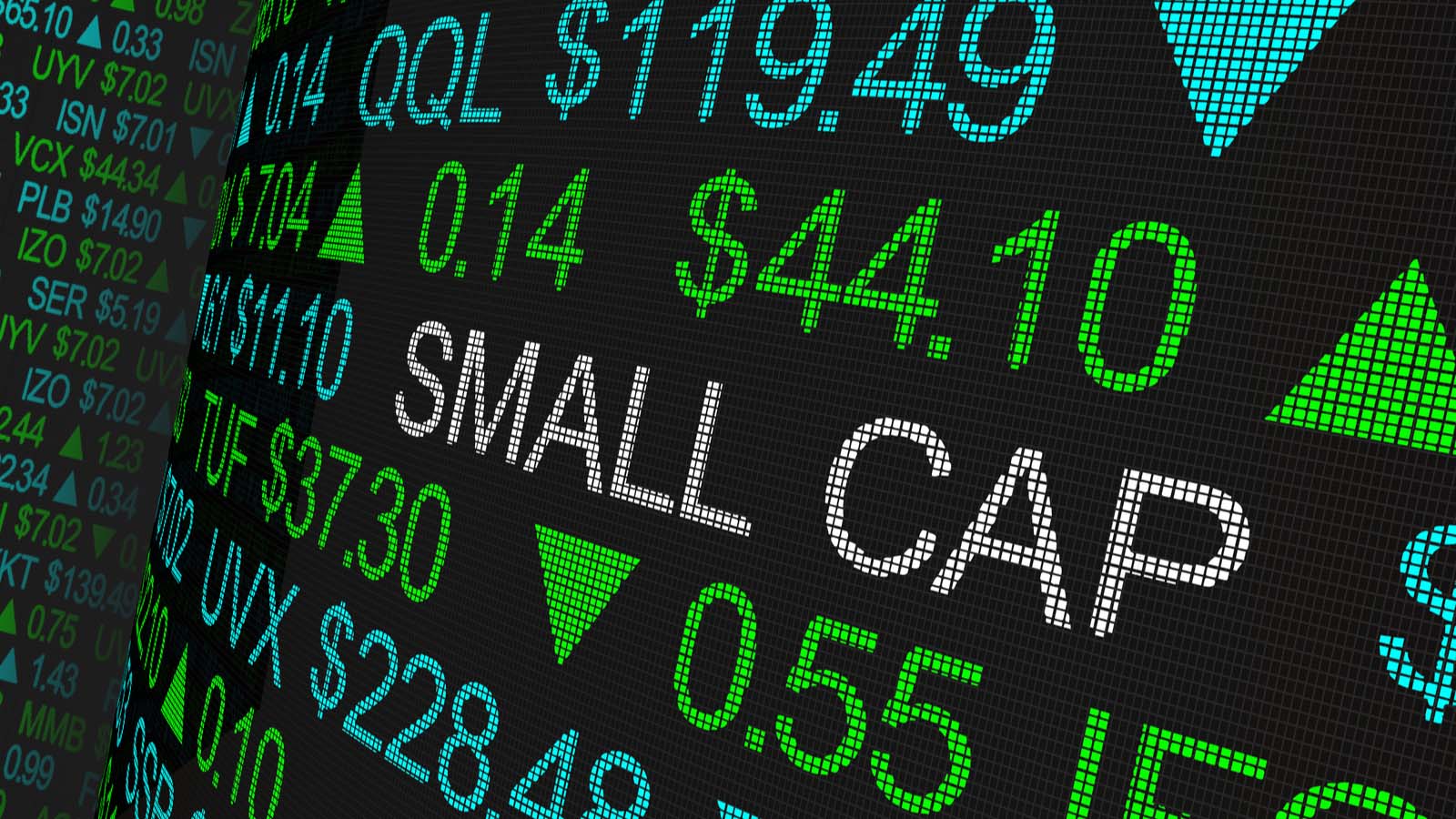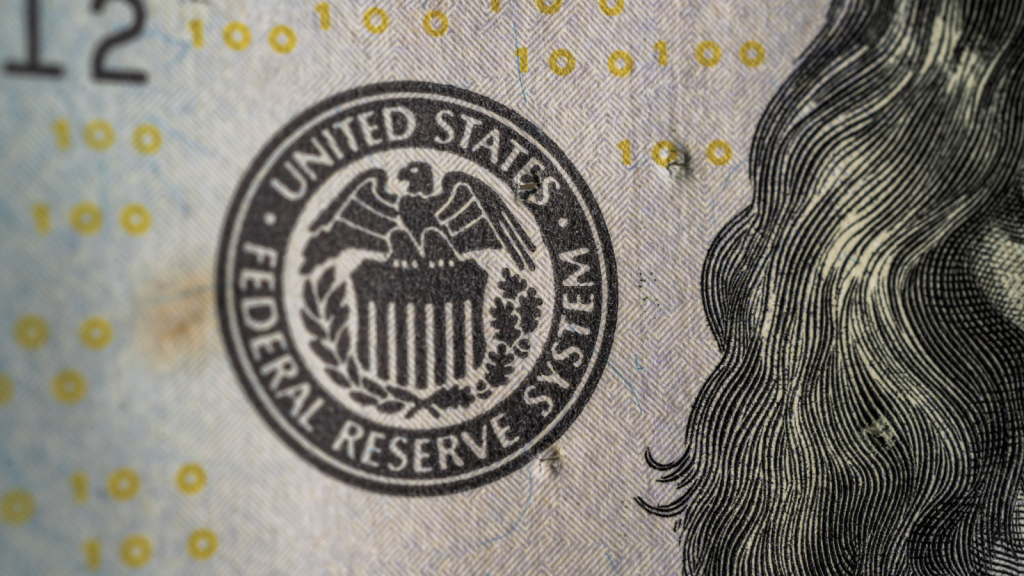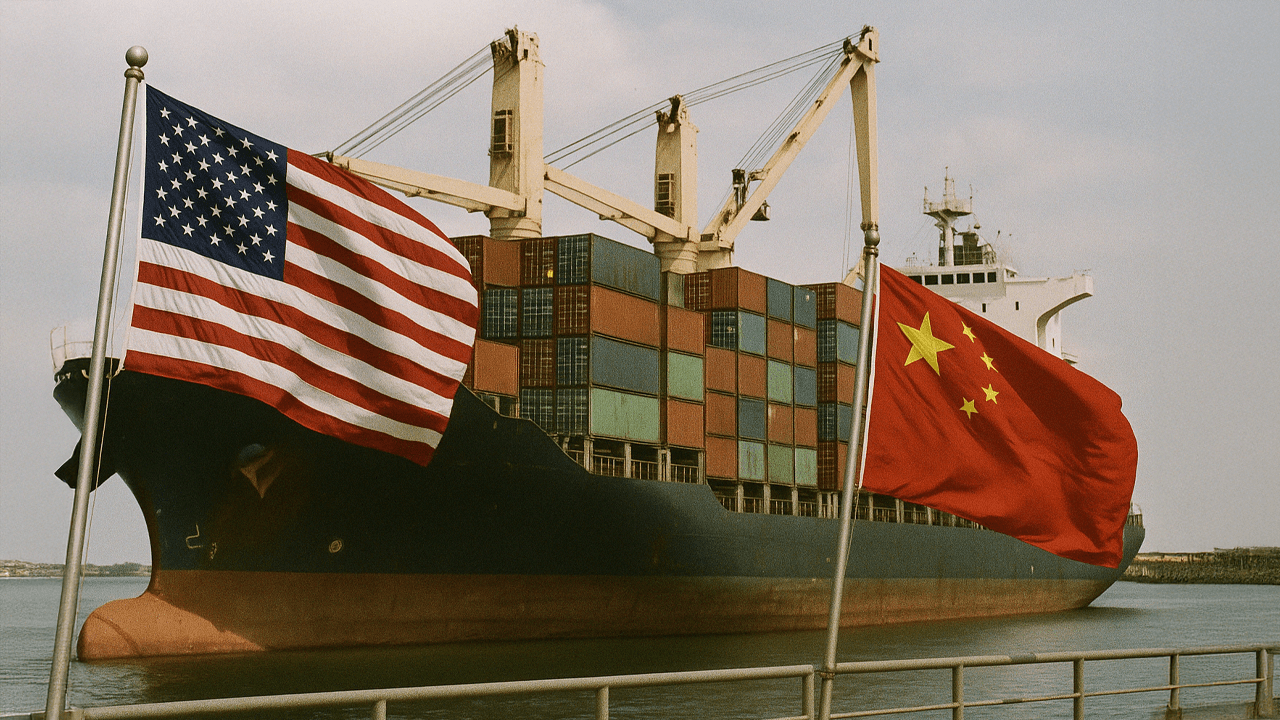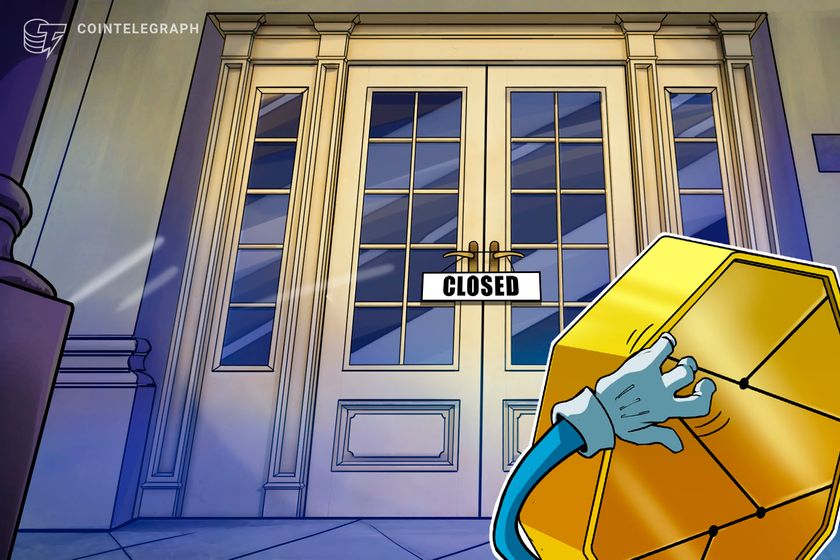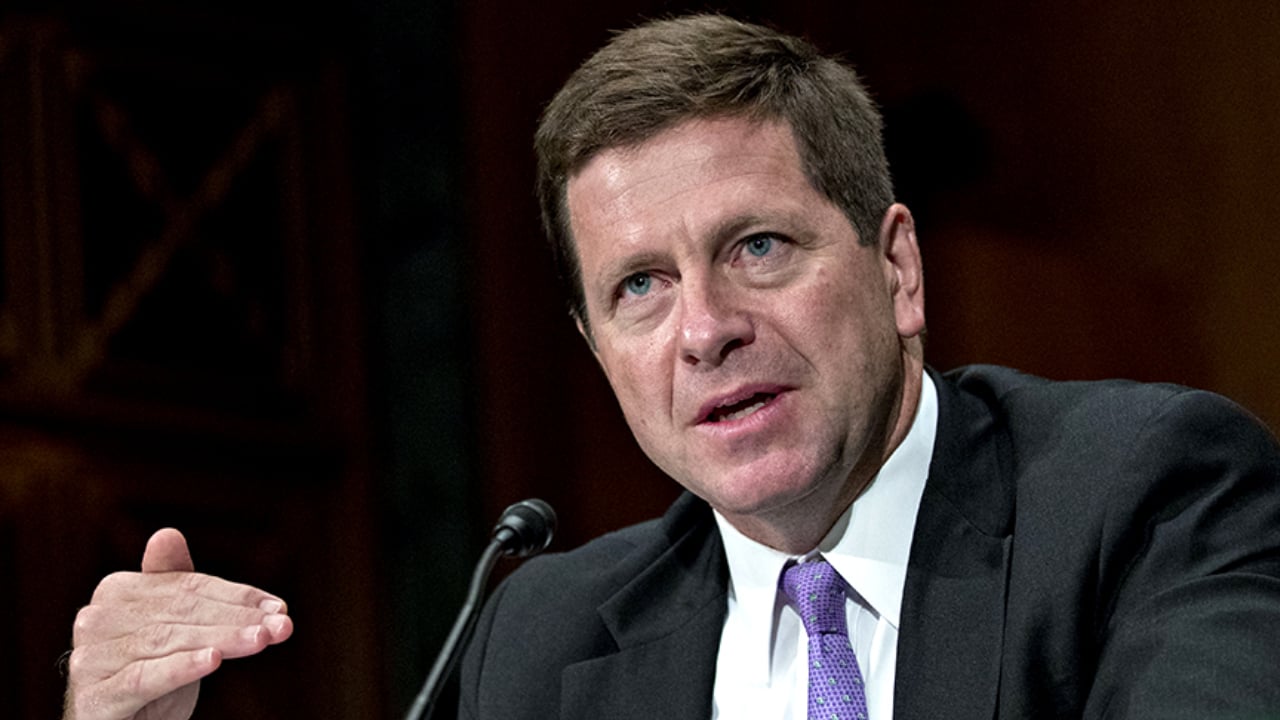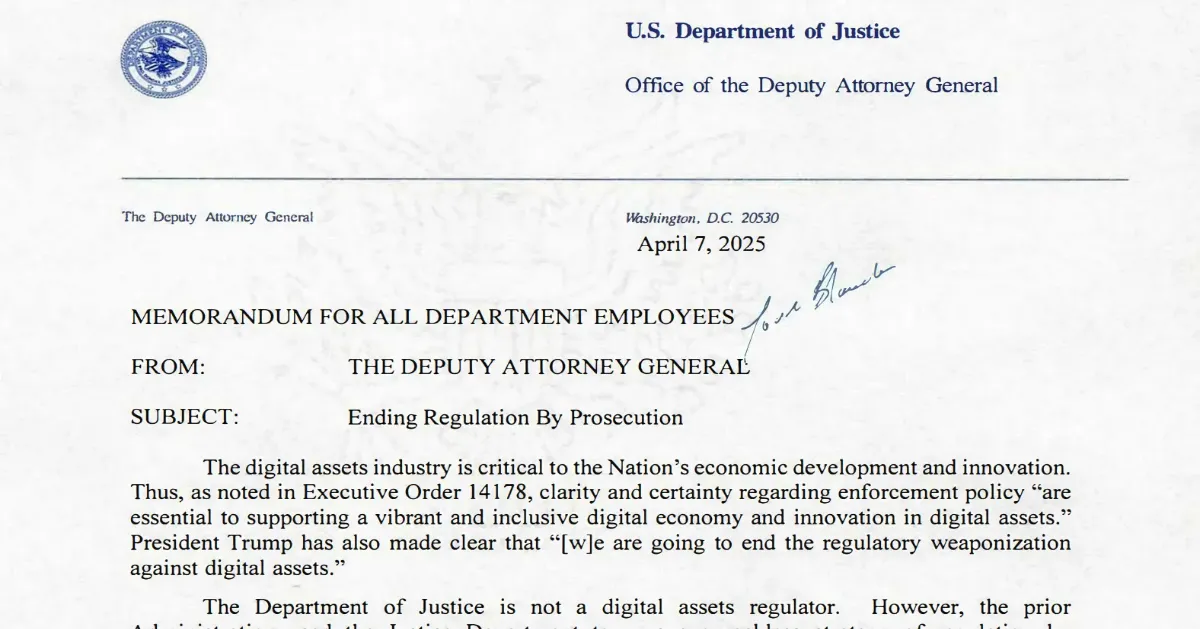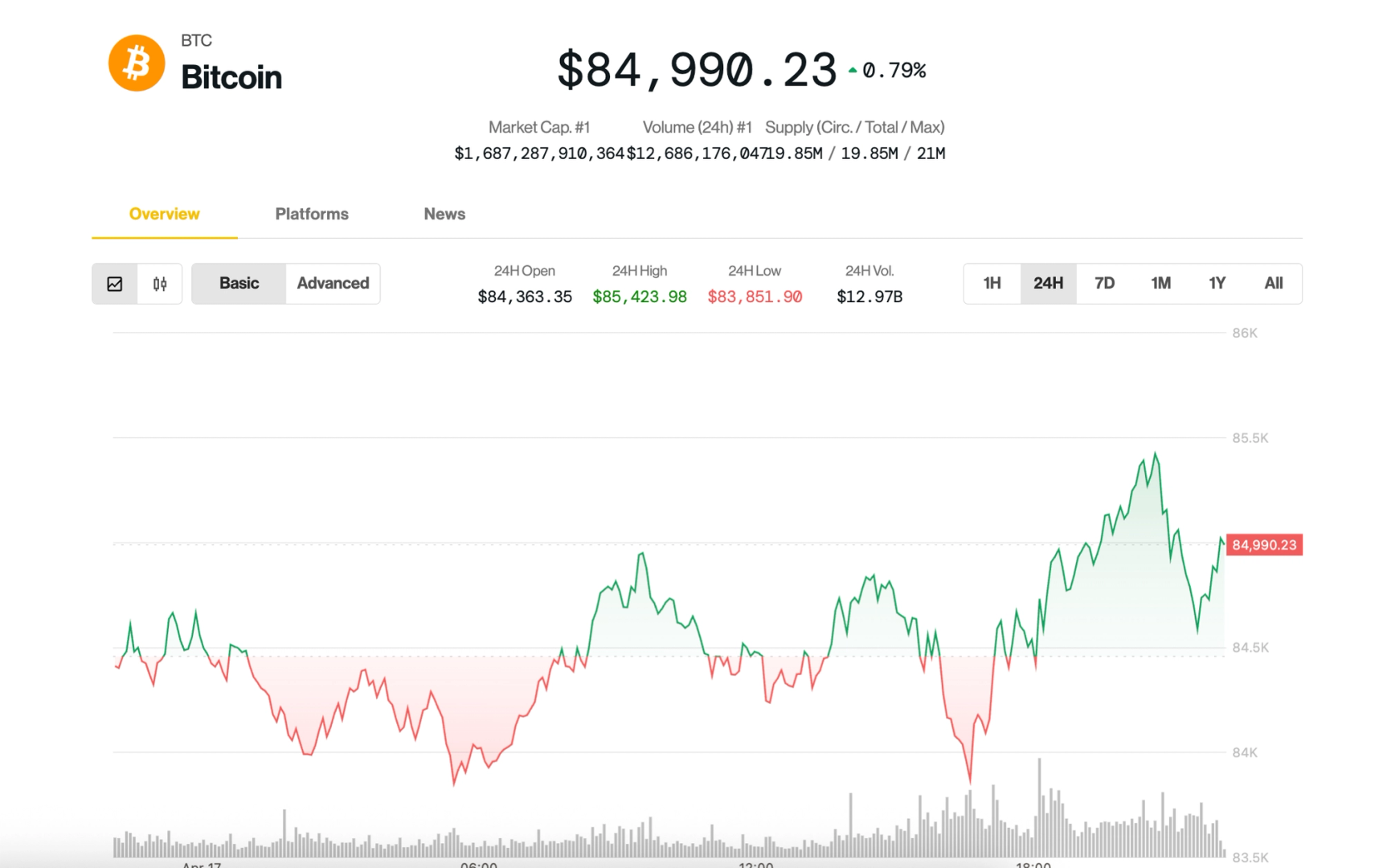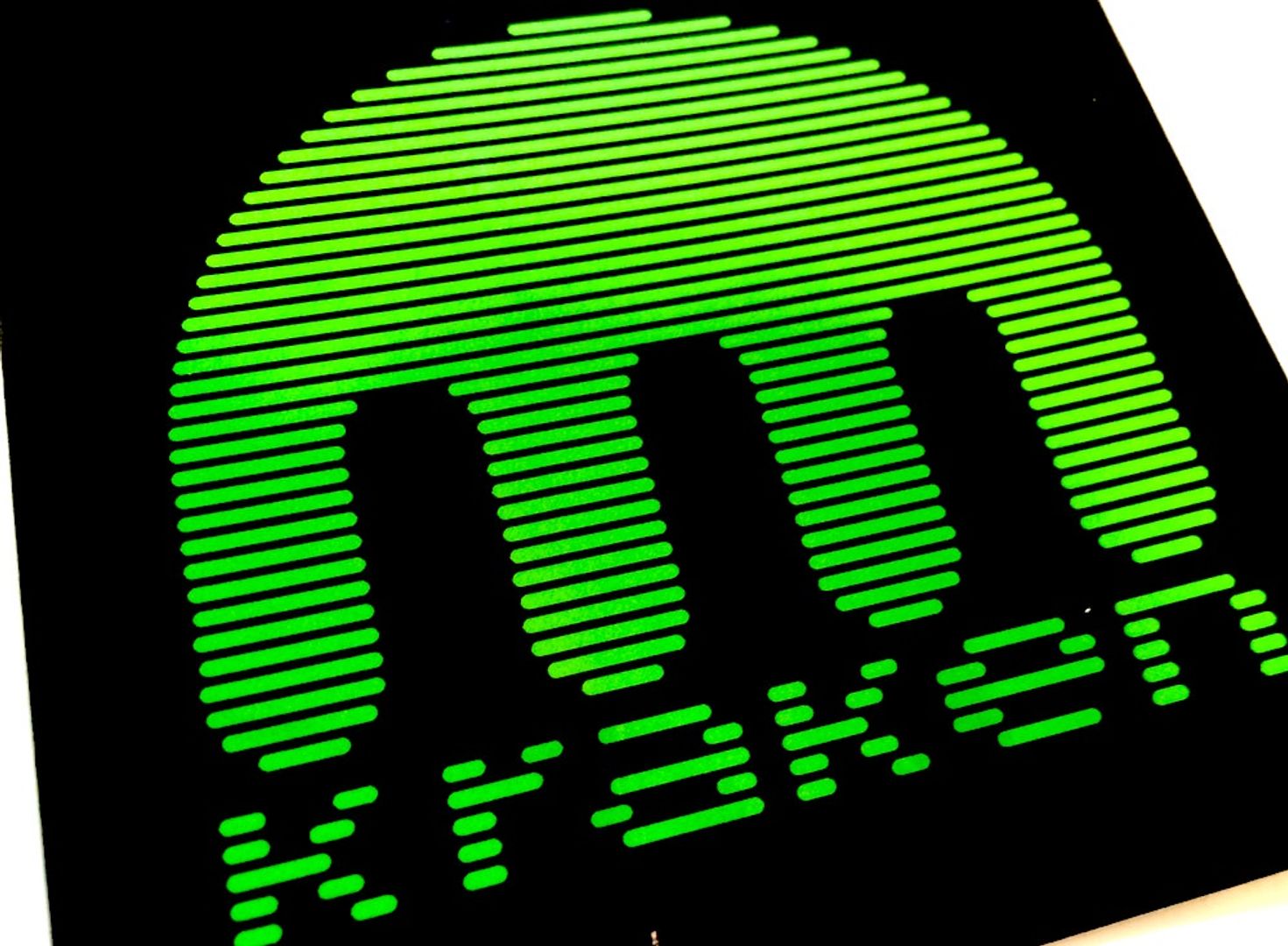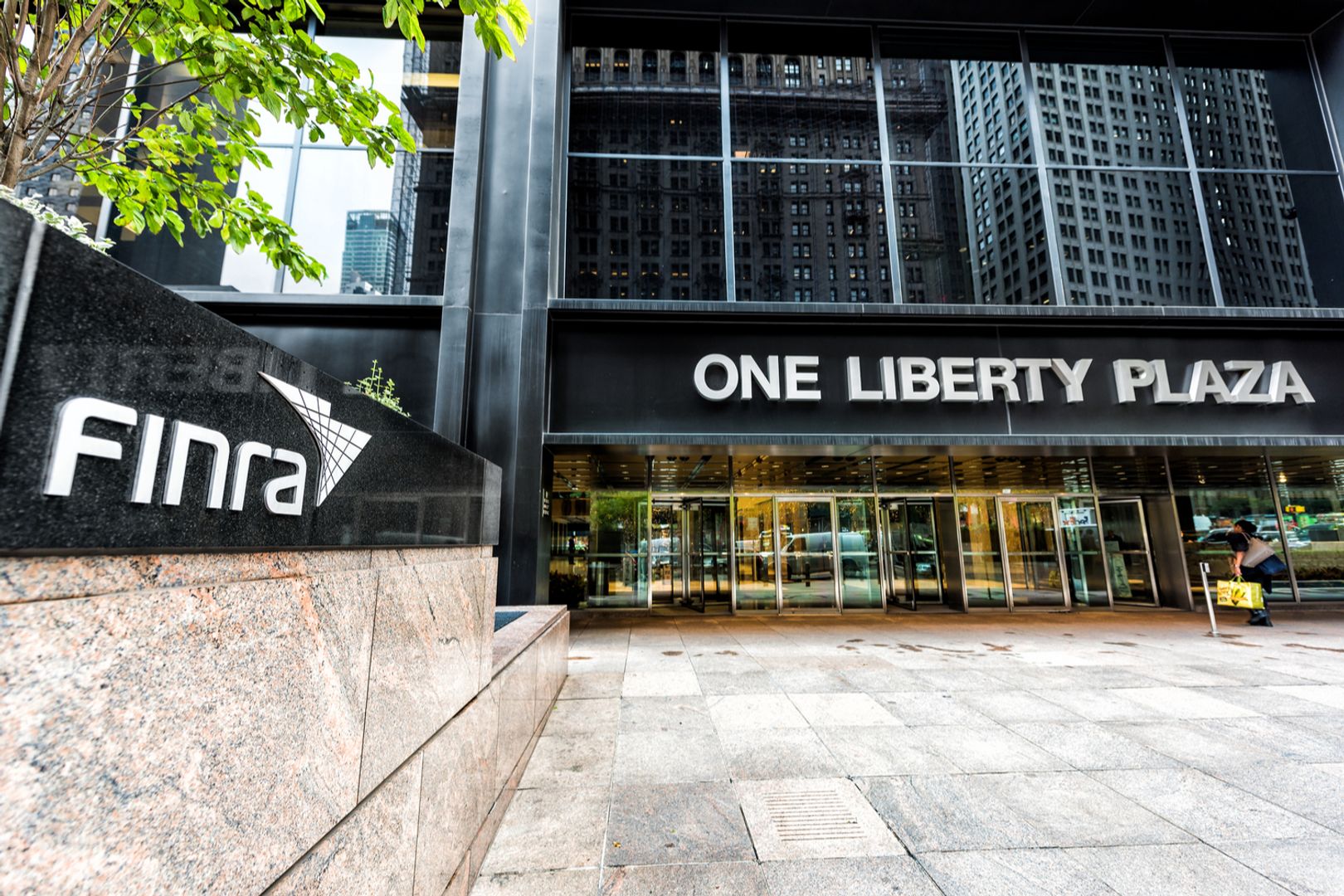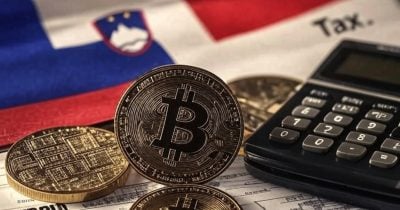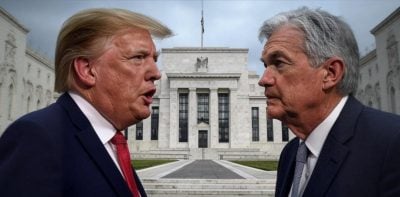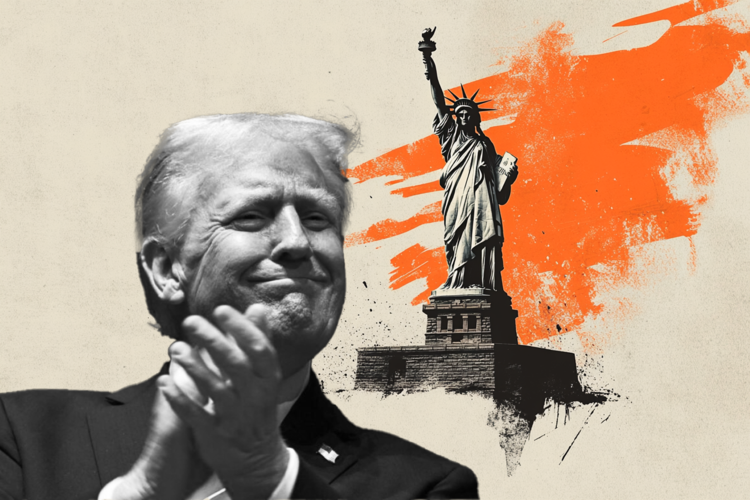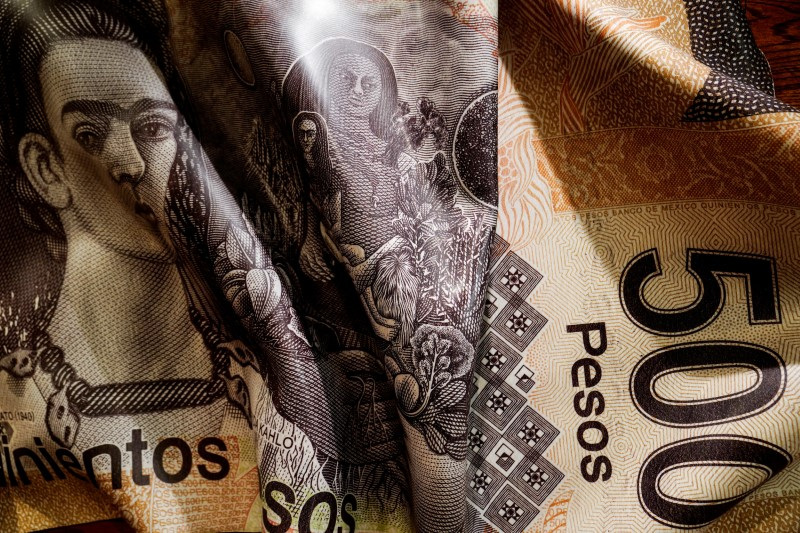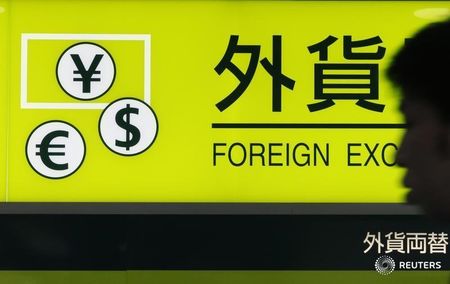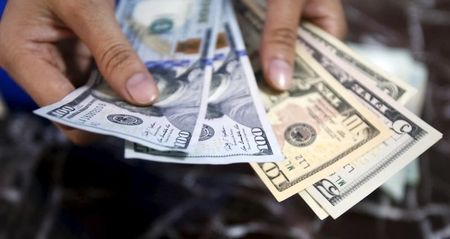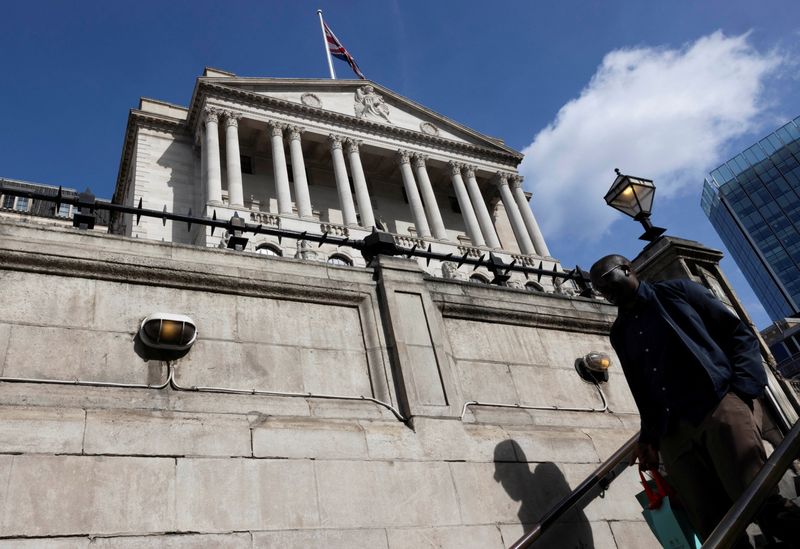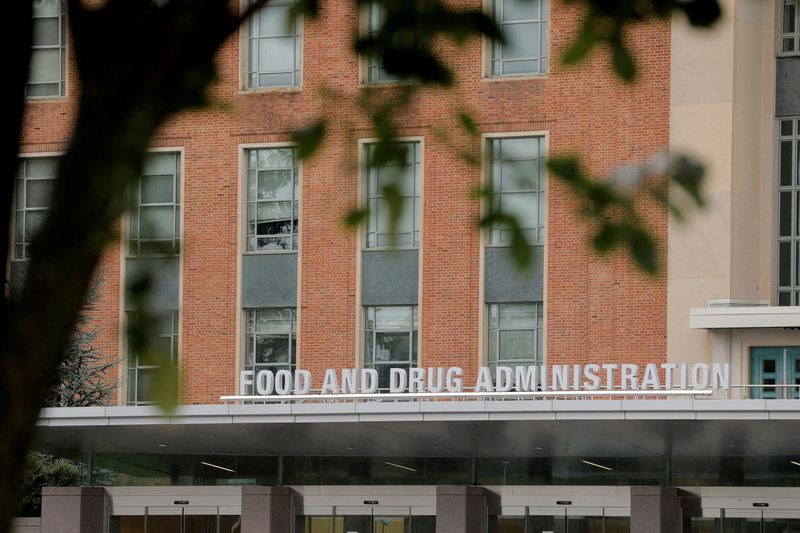Cathie Wood raises fears there are ‘serious liquidity issues in the U.S. banking system’ as Trump tariffs hit
As President Trump's tariffs took effect, the fund manager famous for her aggressive bets on Tesla is calling for a coordinated fiscal and monetary policy stimulus to restore flagging market confidence.

- As President Trump's punitive tariffs took effect, Cathie Wood, famous for her aggressive bets on Tesla is calling for a coordinated fiscal and monetary policy stimulus to restore flagging market confidence.
ARK Invest founder Cathie Wood called on the Trump administration and the Federal Reserve to backstop financial markets amid signs that investors are hoarding cash to weather stormier times.
Her comments came Wednesday, as the U.S. government implemented sweeping punitive tariffs across the board.
In response, many overseas manufacturers have begun parking shipments at U.S. ports, either unable or unwilling to pay the high costs right now, and instead hoping the situation improves or tariffs are rolled back.
If the goods can’t be sold or cleared, the cash that these shipments would usually generate gets tied up—potentially causing liquidity issues for the manufacturers.
The result: a growing financing bottleneck that threatens to strain corporate balance sheets, just as companies are trying to conserve cash while awaiting progress in trade talks with China and Europe.

“This swap spread is suggesting serious liquidity issues in the U.S. banking system,” Wood wrote, calling for a coordinated policy measure to prop up sentiment. “This crisis is calling out for some kind of Mar-a-Lago Accord on free trade, in tandem with serious support from the Fed. No more time to waste.”
The ARK Invest fund manager, famous for her aggressive bets on Tesla, was responding to a chart posted by financial blogging site Zero Hedge, which displayed a record inversion in the 3-year SOFR spread.
SOFR stands for Secured Overnight Financing Rate, which is the price banks charge each other for lending against collateral. It replaced the unsecured dollar LIBOR following a historic scandal.
What the SOFR spread is signaling about market stress
The SOFR spread—measuring the difference between fixed-rate debt costs and equivalent-maturity Treasurys, in this case the three-year note—is a key gauge of stress in short-term funding markets.
Often viewed as a barometer for the health of the repo market, the spread reflects demand in the vast, secured interbank lending system that quietly underpins trillions in daily financial transactions. When functioning smoothly, this market keeps the broader financial system moving.
A narrowing—or inverted—SOFR spread typically indicates rising demand for interest rate hedges among corporations and financial institutions. But it can also suggest waning appetite for Treasurys, the benchmark asset from which virtually all other securities are priced.
The spread turned negative months ago as banks struggled to absorb the $29 billion in U.S. debt rolled over to refinance the deficit. Treasury Secretary Scott Bessent had aimed to lower borrowing costs, but those efforts were dealt a setback Tuesday when a $58 billion auction of three-year notes drew weak demand. Dealers were left holding 21% of the issuance—the highest share since November 2023, according to MarketWatch.
'We are witnessing a simultaneous collapse in the price of all U.S. assets'
Yields jumped Tuesday as traders braced for today’s $38 billion auction of 10-year Treasurys, seeking clues on demand amid growing market jitters.
Bond sentiment has also soured on speculation that hedge funds may have been forced to liquidate Treasury positions to meet margin calls.
The upheaval pushed the inversion in the three-year SOFR spread to a new record, widely seen as a sign that market participants are snapping up protection in anticipation of further turbulence in the Treasury market.
With liquidity tightening and confidence waning, investors, including Wood, are urging the government and Federal Reserve to step in and stabilize capital markets.
“We are witnessing a simultaneous collapse in the price of all U.S. assets including equities, the dollar versus alternative reserve FX, and the bond market,” wrote George Saravelos, head of foreign exchange research at Deutsche Bank on Wednesday. “We are entering uncharted territory in the global financial system.”
This story was originally featured on Fortune.com





